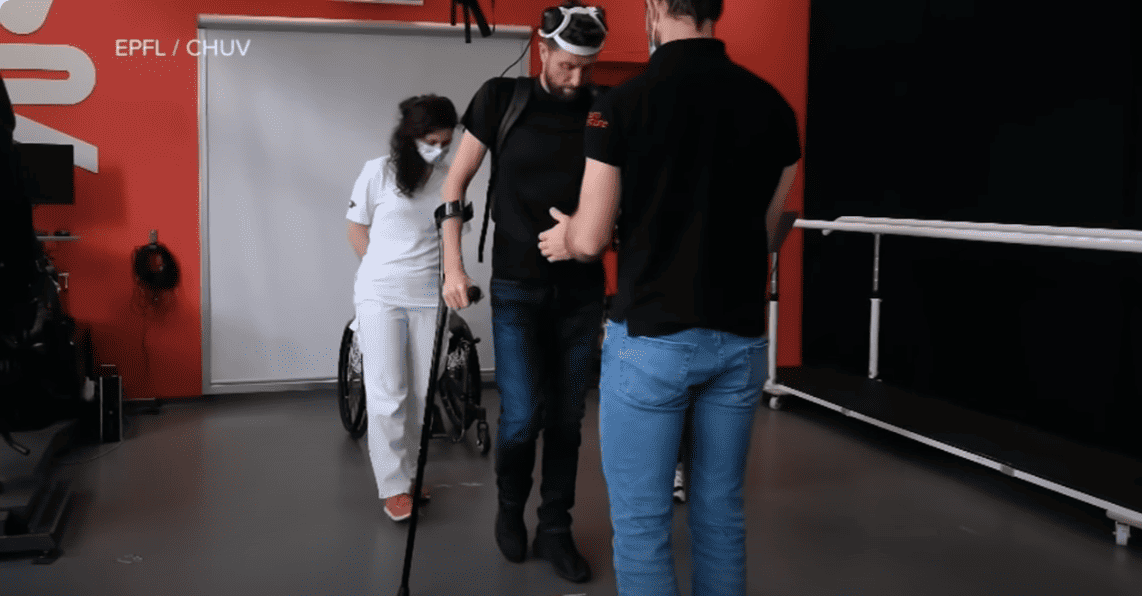
The University Hospital in Basel, Switzerland, is using artificial intelligence to evaluate large, complex data sets to advance research into personalized immunotherapies.
With the help of artificial intelligence, medical research today is able to analyze huge quantities of data collected over long periods of time. This can consist of items such as personal health data and X-rays, but also genetic sequences or video footage of surgical procedures. The University Hospital Basel is now using such data to develop precisely targeted, individualized therapies. This means that they are able to tailor treatment to the individual patient in the case of cancer or other complex diseases. Personalized therapy is expected to deliver optimal outcomes with minimal side effects.
University Hospital strives to put the individual and his or her individual needs at the center of our work, from disease prevention to palliative care. Data is now an absolutely vital part of our work.
Markus Müller, Head of Data Center Management, University Hospital Basel
But collecting, managing and evaluating data is one thing. Patient data must also be protected within the framework of privacy laws. This means it must be anonymized and stored such that it can be accessed and used in the future. This requirement led Basel to rethink its storage and archiving infrastructure. “We have data from radiology as well as raw genetic data, but also tissue samples for histopathology that are digitized by robots. We needed a solution to securely archive Big Data of all kinds, yet make it universally accessible,” explains Müller.
The clinic’s previous systems had volume limits of eight terabytes. But the amount of data from pathology, labs and other sources had grown to hundreds of terabytes over the years. This meant that the university had to invest in a new data storage solution. Müller and his team ultimately chose Hewlett Packard Enterprise, which offered a private cloud storage solution in partnership with Scality. The university hospital has since implemented a so-called Scality RING in three data centers on campus.
Also interesting:
Museum Bologna in Italy uses big data to view visitors
Big data becomes de rigueur in France
The future is to the people that understand the power of Big Data







